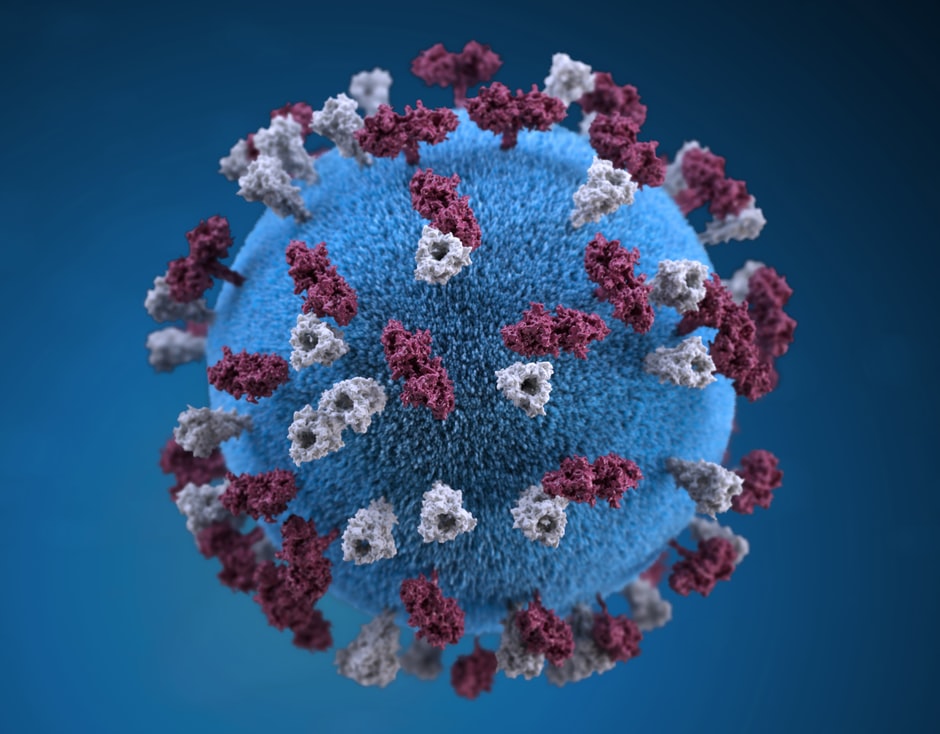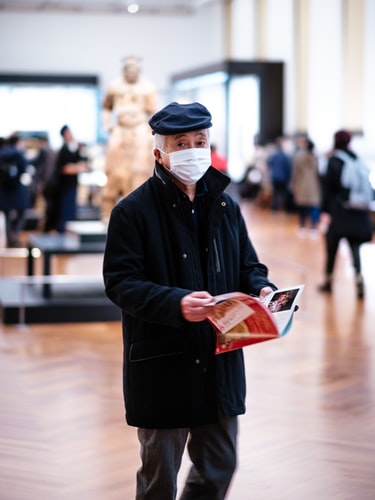The world is at war against a disease that is taking lives right and left. Coronavirus, officially named COVID-19, has affected all continents. There are over 200,000 confirmed cases and over 9,000 deaths reported so far.
The headlines concerning this infectious disease change rapidly, as each infected country awaits its peak. Travel, businesses, schools, universities, and large social gatherings have ceased in several countries as we speak. China and Italy have been hit the hardest with China reporting over 3,000 deaths and Italy reports over 2,000 so far.
The people most at risk of dying from this virus are the elderly and others predisposed to certain health conditions.
What Is COVID-19?
Besides being an unprecedented event that has rattled the world, COVID-19 is a respiratory viral illness that affects the lungs and airway passages. Coronavirus is the latest member of a larger group of viruses. It first introduced itself to the public in late 2019 in the Chinese city of Wuhan.
The symptoms
The symptoms only appear as a common cold: cough, sneezing, fever, and in more severe cases difficulty in breathing. Symptoms may show up early or around two weeks after contracting the virus. You may have no symptoms at all but become a carrier of the virus. Currently, there is no vaccine for COVID-19 and infected people must be quarantined.
How it spreads
The virus spreads from one person to another. This can happen either through close contact or through respiratory droplets when an infected person coughs or sneezes. It also spreads through contaminated objects or surfaces. So, if you touch a contaminated surface, then put your hand anywhere on your face, you can contract the virus. This virus is extremely contagious and infectious.
Why the elderly are more at risk
People in their 60’s and older and those suffering from chronic diseases are the most vulnerable to this disease. The death rate is roughly 3.6% for ages 60 to 69; 8% for ages 70 to 79; and 14.8% for age 80 and up.
As we age, our immune system weakens. This makes it much more likely to get an infection and the body not being able to fight it off. Aging also makes us more prone to sustaining chronic conditions. The biggest risk factor in dying from COVID-19 is heart disease.
People with an underlying heart condition have a risk factor of dying from the virus at10.5%. This means that most people who depend on Medicare are a high-risk group. At this point in your life and considering the circumstances and the threat of Coronavirus, you would do well for yourself to go through a trustworthy website to know which health plan gives you the best coverage.
There have been changes in 2020 concerning Medicare with some plans canceled, so you need to know about these changes and how they affect you. Choosing the system that best suits you will depend on a few factors, such as your age and health condition at the time of enrolling in a plan.
Preventive measures
Taking precautions against COVID-19 needs some self-discipline as well as a call for people to cooperate together to protect each other.
Self-isolation
People should take it upon themselves to self-isolate. As an elderly, you should stay home and only go out when it’s absolutely necessary. The less you go out, the less likely you will get exposed to the virus. Unfortunately, this means that you will have less physical contact with your loved ones, such as your children and grandchildren. You can depend on phone calls and internet chats to stay in touch with your family. You can also find someone to help you by running some errands for you.
Social-distancing
Don’t go into crowded areas. You need to keep your distance from others by at least 3 feet (1 meter). If someone has the virus and they cough or sneeze, they spray liquid droplets, and if you are too close you can breathe in those infected droplets and contract the illness.
Wash your hands
Whenever you are out and come into contact with objects or people, you have to wash your hands. Soap and water will kill the viruses on your hand. You can carry an alcohol-based hand rub with you if you are outdoors.
Avoid touching your eyes, nose, and mouth
Aside from washing your hands and social-distancing, this preventive measure should always be on top of your daily routine.
Avoid touching your eyes, nose, especially your mouth is a must!
If your hand is contaminated, it can quickly transfer the virus to these other parts of your body.
Currently, there are over 9,000 cases reported in the USA.
It is a dynamic situation, so keep up with the news to know how this virus is moving and what is being done to combat it.
For now, the only weapon all people have is to follow instructions and advice given by governments and official medical organizations, such as the World Health Organization.






